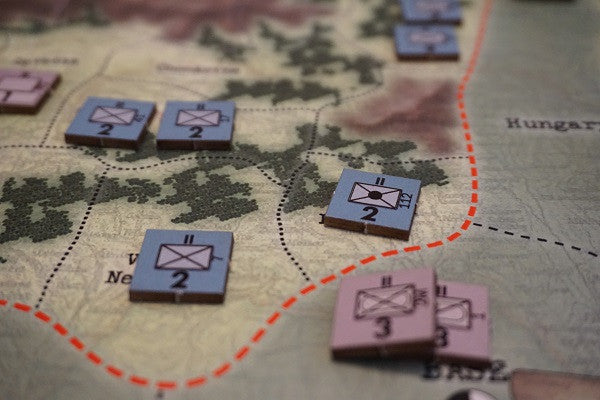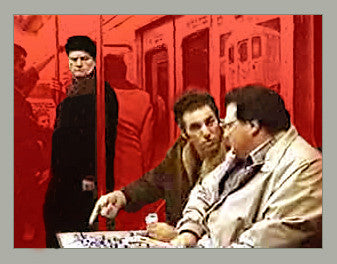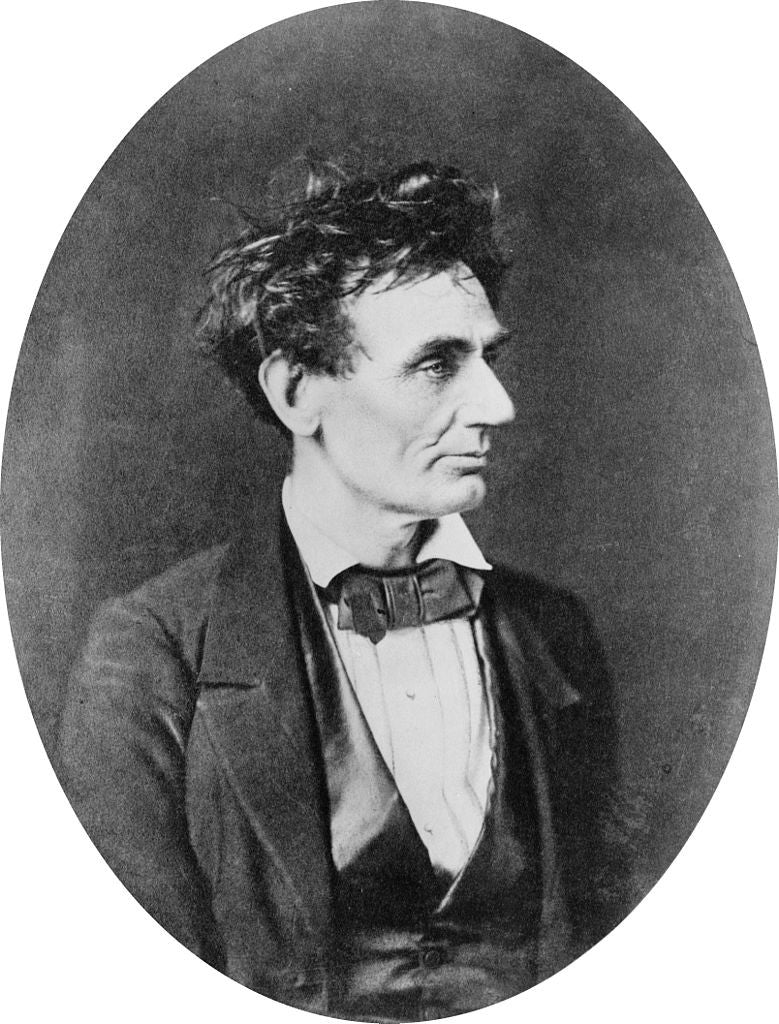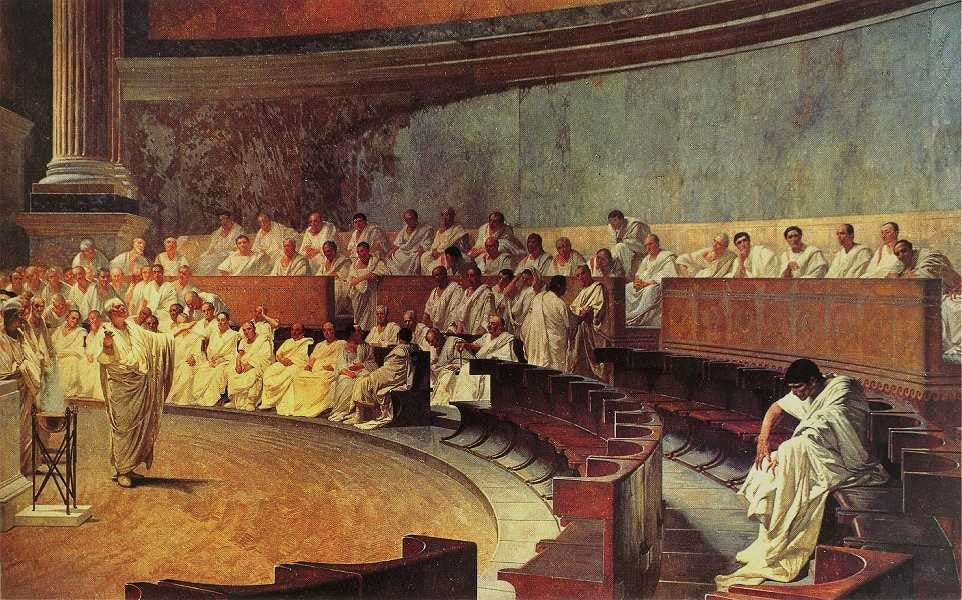Hollandazed: Thoughts, Ideas, and Miscellany — game development
DESIGNER'S REMARKS ON THE LITTLE WAR (by Brian Train)

Okay, here is a game on the short but spirited border war between Slovakia and Hungary that happened in March 1939! How long have you been waiting for this one? And what the heck happened anyway? Territorial changes of Slovakia: land ceded to Hungary before (red) and after (blue) the war (Wikipedia) Well, it’s kind of complicated. After Germany annexed the Sudetenland region of Czechoslovakia in September 1938, other parts of that country started to fall away. In October Carpathian Ruthenia and Slovakia declared their autonomy within Czechoslovakia, and Poland took the Zaolzie (Teschen) region. The following month large strips...
DESIGNER'S REMARKS ON UKRAINIAN CRISIS (by Brian Train)

Over the weekend of March 14-16, 2014, the people of the Crimea held a referendum to decide whether they should stay in Ukraine. This came after months of escalating tension, brinkmanship and low-level violence between the Ukrainian and Russian ethnicities inside Ukraine, and between their “parent” countries. This looked like either a solution to the crisis, or an escalation. So, I did what anyone with an interest in current events and a few hours on his hands would do: I took some time over that weekend to create a game on the crisis, rather uncreatively titled Ukrainian Crisis (hey, I...
THE OPT-POP DIARIES PART 3 (by Tom Russell)

The primary currency in my Optimates et Populares design is Political Will (PW), with each action you take or attempt costing some amount of it. Small things cost less PW and big things cost more PW. This is a familiar concept for most gamers, which goes by various names: Operations Points, Action Points, Resource Points, etc. Usually you get these points in games randomly by playing cards, or you earn them by controlling certain areas on a map. It's a necessary abstraction that simulates not so much the actual choices made by leaders and commanders - Lincoln didn't fret over...
THE OPT-POP DIARIES, PART 2 (by Tom Russell)
The curia was the meeting house of the Roman senate. The Curia Julia, pictured here, was begun by Julius Caesar and necessitated by the increase of senators from 600 to 900. The old curia, Curia Cornelia, was torn down and officially replaced by Curia Julia. Begun by Julius Caesar in 44 BC, it was completed by Augustus Caesar in 29 BC. In AD 94, Domitian rebuilt the Curia using Julius Caesar's original plan. The building was damaged by fire in AD 283 and later restored by Diocletian. In AD 630, Pope Honorius I transformed the property, presumably no longer...
THE OPT-POP DIARIES, PART 1 (by Tom Russell)

"Cicero Denounces Catiline", 1888, Cesare Maccari. This is possibly Maccari's most famous work. This fresco for Palazzo Madama in Rome, which had recently become the seat of the new Italian Senate, depicts Cicero's "Oratio in Catilinam Prima in Senatu Habita", his first speech denouncing Catiline in the Roman Senate which drove Catiline from the city in 63 BC. Note the lone, sulky Heathcliff-type on the right - the man Cicero harangues - Catiline. Ancient Rome is an endlessly fascinating topic, though I’ll admit that for a long time, I was primarily fascinated with the early Imperial period, the two-hundred plus...
